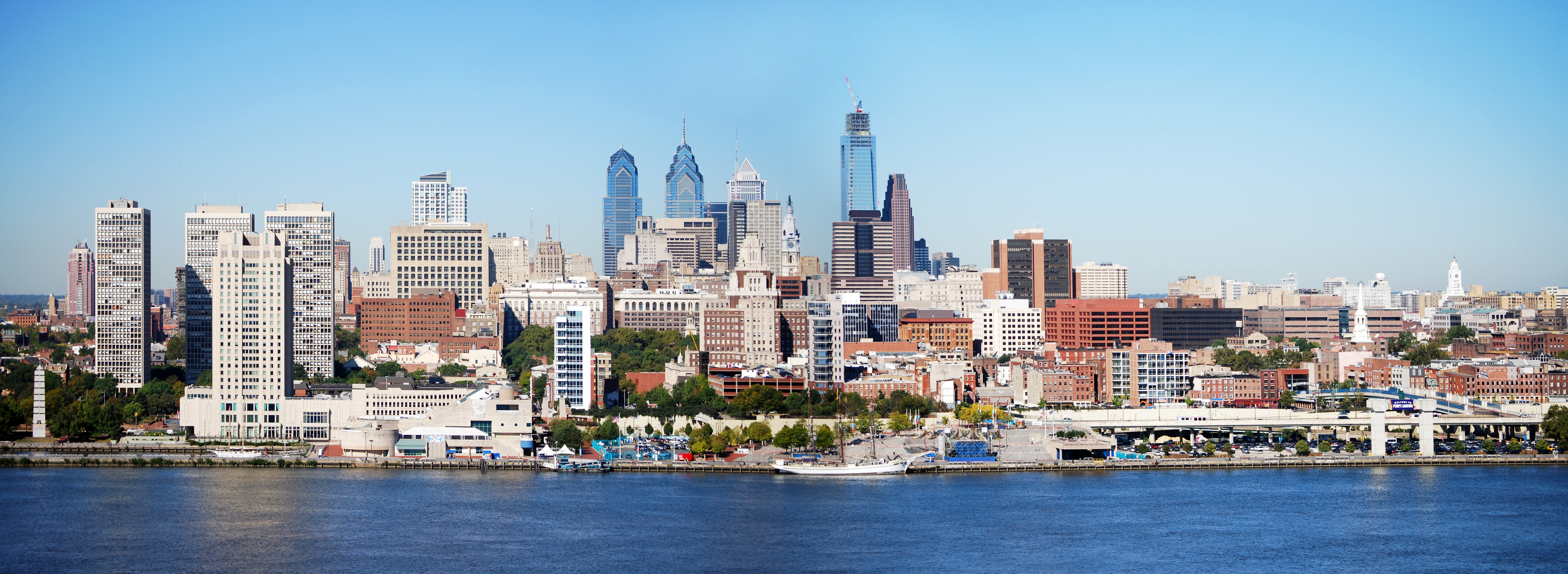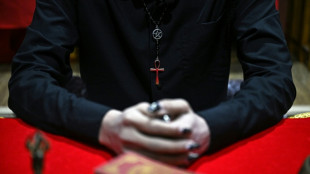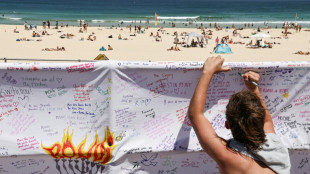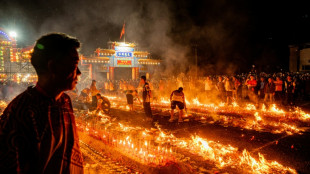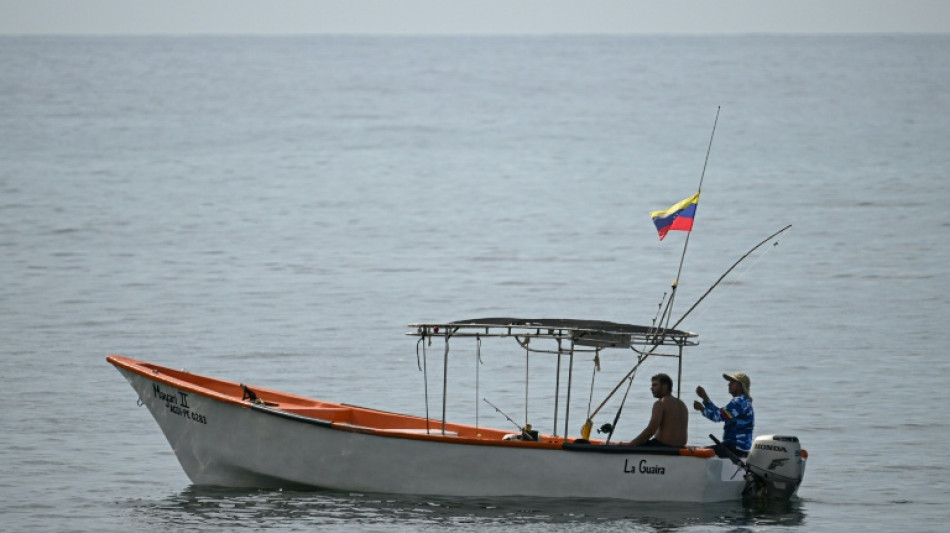

Sitting ducks: Venezuelan fishermen wary of US warships
Venezuelan fishermen in the south Caribbean keep a nervous eye on the horizon as they ply their trade in the same waters where US forces have recently blown up small, alleged drug boats, occupants and all.
Feeling exposed, they have started heading out in groups, limiting their range and traveling with emergency beacons issued by the government.
"It's very upsetting because our country is peaceful, our fishermen are peaceful," Joan Diaz, a 46-year-old angler told AFP in the northern town of Caraballeda.
"Fishermen go out to work, and they have taken these measures to come to our... workplace to intimidate us, to attack us," he said.
US President Donald Trump has deployed eight warships and a nuclear-powered submarine off Venezuela's coast as part of a stated plan to combat drug trafficking.
President Nicolas Maduro, whom Trump accuses of leading a narco cartel, suspects Washington of pursuing regime change.
US forces have blown up at least three suspected drug boats in the Caribbean in recent weeks, killing over a dozen people in a move that UN experts called "extrajudicial execution."
No evidence was publicly presented that the occupants were drug traffickers and they were killed without arrest, let alone trial.
Caracas said US forces also detained a fishing boat and crew for eight hours earlier this month within the country's exclusive economic zone.
"They (the military) bomb without knowing if they really had drugs... and without knowing who these people were," said Diaz.
"Since all this is happening, it's better to stay together and not go too far" from the coast, he added.
- 'The madness, my God!' -
Fearing a US invasion, Venezuela is on high alert and thousands of citizens have signed up to join a civilian militia force and undergo weapons training.
But at sea, not much stands between small-boat artisanal fishermen and a naval colossus.
The US actions constitute "a real threat," said 51-year-old Luis Garcia, who leads a grouping of some 4,000 fishermen and women in the La Guaira region, which includes Caraballeda.
"We have nine-, 10-, 12-meter fishing boats against vessels that have missiles. Imagine the madness. The madness, my God!" he exclaimed.
Garcia's wife and other workers keep an eye on the returning boats as they process fish with a mix of aromatic herbs and colorful peppers for a special dish that is then vacuum-packed for sale.
The boats are covered with tarps to shield their occupants from the sun. Most are equipped with a gas cylinder for cooking as they often head out for at least four days at a time.
Accompanied by seabirds, the boats tend to venture no further than 40 nautical miles from the shore.
But "to fish for tuna, you have to go very far, and that's where they (the Americans) are," said Diaz.
Sporting a T-shirt with the phrase: "Fishing is winning," Garcia said the anglers have started taking precautions that were never needed in the past.
"We keep contact with everyone... especially those who are going a little further," he said.
"We report to the authorities where we are going, where we are, and how long our fishing operations will last, and we also report to our fishermen's councils," added Garcia.
The fishing crews are fearful, but defiant.
"We say to him: 'Mr Donald Trump, we the fishermen of Venezuela... will continue to carry out our fishing activities. We will continue to go out to the Caribbean Sea that belongs to us'," vowed Garcia.
S.Scott--PI
